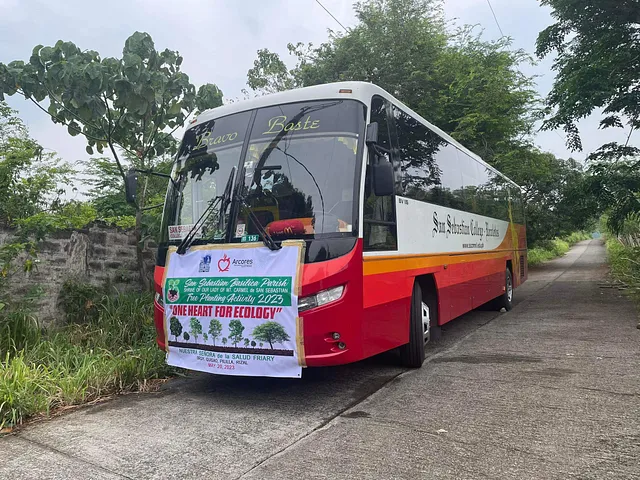Taking Action: Mitigating the Impact of Global Boiling at Home, in Communities, and Schools

POINTS TO PONDER
As the world grapples with the intensified consequences of climate change, characterized by extreme weather events, rising sea levels, and biodiversity loss, the urgency to address the impacts of global boiling has never been greater. Recognizing the need for immediate action, individuals, communities, and schools are stepping up efforts to mitigate the effects of climate change at the local level.
The United Nations Secretary-General Antonio Guterres has stated that Earth has entered an “era of global boiling,” calling for urgent and radical action to address the escalating impacts of climate change [4][5]. This acknowledgment underscores the critical need for decisive measures to combat climate change and safeguard the planet for future generations.
At Home:
In households around the world, families are adopting sustainable practices to reduce their carbon footprint and minimize environmental impact. One key strategy is reducing meat intake, as livestock farming contributes significantly to greenhouse gas emissions. By incorporating more plant-based meals into their diet and exploring meat alternatives, families can lower their carbon footprint and promote environmental sustainability.
Energy conservation is another crucial aspect of sustainable living at home. Simple actions such as turning off lights when not in use, unplugging electronics, and using energy-efficient appliances can significantly reduce household energy consumption and contribute to mitigating climate change.

Waste reduction and water conservation are also priorities for many households. Recycling, composting organic waste, and minimizing single-use plastics help reduce waste generation, while installing water-saving fixtures and promoting water conservation habits contribute to preserving precious water resources.
In Local Communities:
Communities play a vital role in addressing the impacts of global boiling through collective action and advocacy. Community gardens are becoming increasingly popular as residents come together to grow their own food, fostering self-sufficiency and promoting sustainable agriculture practices.
Public transportation advocacy is another focus area for many communities. By advocating for improved public transportation infrastructure and promoting alternative modes of transportation such as walking, biking, and carpooling, communities can reduce reliance on personal vehicles and decrease carbon emissions.


Environmental education and awareness-raising initiatives are also prevalent in local communities. Workshops, seminars, and community events focused on climate change awareness, sustainable living, and environmental conservation engage community members and promote environmental stewardship.
Community clean-up events are another effective way for residents to take action against climate change. By organizing regular clean-up events in local parks, beaches, and waterways, communities address litter and pollution, enhance community pride, and protect natural habitats.
In Schools:
Schools are invaluable hubs for educating and empowering the next generation of environmental leaders. Curriculum integration is key to fostering environmental literacy among students, with climate change and sustainability topics incorporated into various subjects across the curriculum.

Green school initiatives are also gaining traction, with schools implementing energy-saving measures, waste reduction programs, and environmental sustainability practices within school buildings and grounds. These initiatives foster a culture of environmental responsibility among students and staff, inspiring lifelong habits of sustainability.

Outdoor education is another essential component of environmental learning in schools. Outdoor learning spaces, school gardens, and nature trails provide students with hands-on learning experiences related to ecology, biodiversity, and environmental conservation.


Student-led environmental projects empower students to take ownership of environmental initiatives within their school community. Recycling drives, tree planting initiatives, and campus clean-up campaigns not only contribute to mitigating climate change but also foster leadership skills and environmental activism among students.

In conclusion, mitigating the impact of global boiling requires collective action at all levels of society. By implementing sustainable practices at home, advocating for change in local communities, and promoting environmental education in schools, individuals can contribute to collective efforts to address the urgent challenges of climate change and build a more sustainable future for generations to come.
